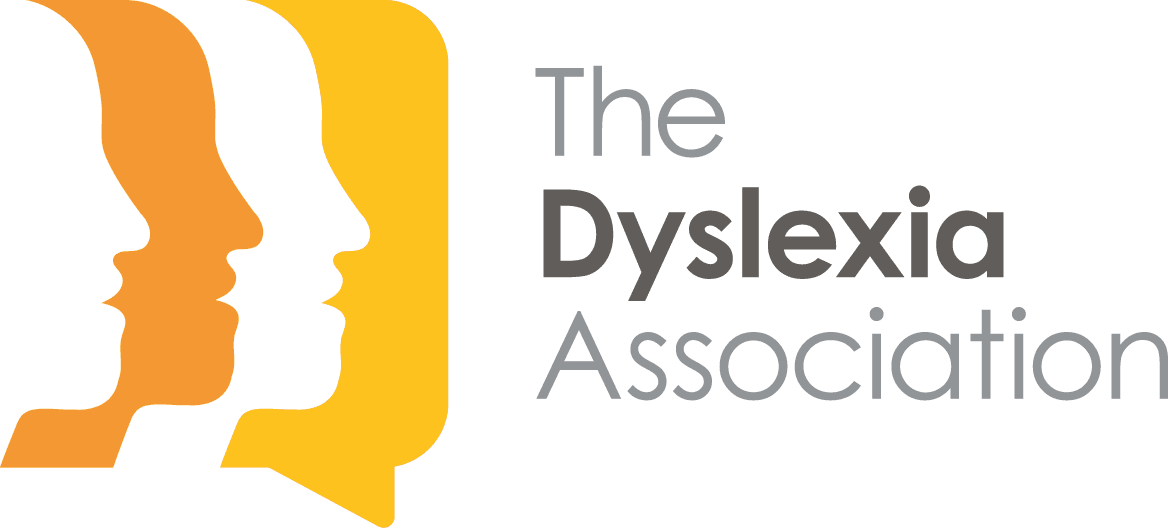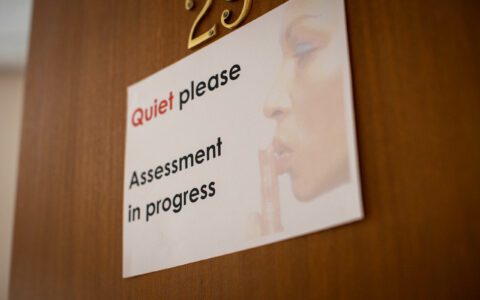What are Exams Access Arrangements?
Access Arrangements allow learners with specific learning difficulties, disabilities, or temporary injuries to access exams without having to change the demands of the exam. It is the way in which the Awarding Bodies comply with the duty of the Equity Act 2010 to make ‘reasonable adjustments’.
Arrangements must be approved well in advance of examinations and must be based on both evidence of the learner’s need and their normal way of working.
Adjustments may include:
- the use of a coloured overlay
- extra time
- use of a word processor
- use of a reader or computer reader
- use of a scribe or speech recognition technology
How can The Dyslexia Association help?
The Dyslexia Association can provide an assessment which investigates whether a learner might be able to request additional access arrangements in exams.
The learner (or parent if the learner is under 18) will receive a brief written report which can be forwarded to the school if requested by the Special Educational Needs Coordiantor (SENCO).
How much does it cost?
An exams access arrangements assessment costs £225 if it takes place at our office in Nottingham. Additional travel costs will be incurred if the assessment takes place elsewhere.
Please note that payment is required in full prior to the assessment taking place.
Which locations are covered?
The Dyslexia Association are able to provide assessments for individuals, and schools, across the East Midlands.
Does a school or examining body have to implement the recommendations?
The Joint Council for Qualifications (JCQ) state that from 1 September 2017, parents who feel their child requires access arrangements in examinations (such as extra time, a reader or scribe) must consult with their child’s school before arranging a private assessment with an organisation such as The Dyslexia Association.
Before contacting us to arrange an assessment for their child, we strongly advise that parents make an appointment with school so that they can discuss their child’s difficulties with the SENCO / Head Teacher / classroom teachers.
Information taken from Joint Council for Qualifications guidance on adjustments for candidates with disabilities and learning difficulties.

